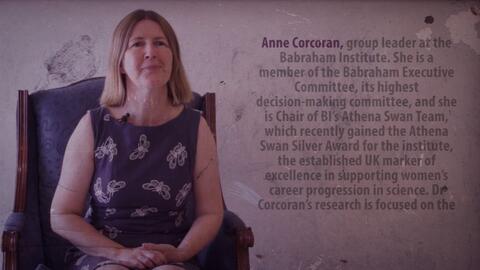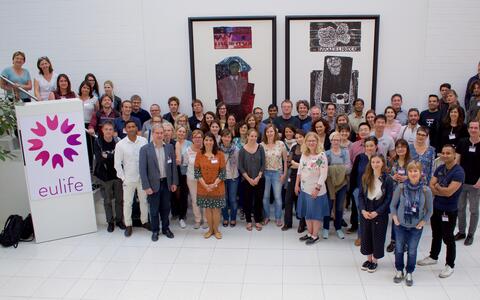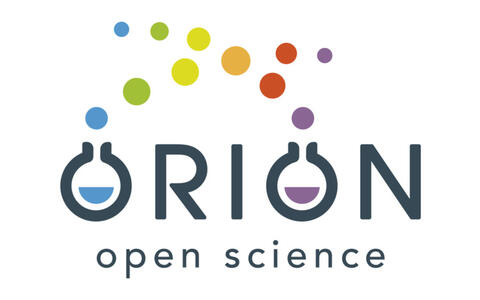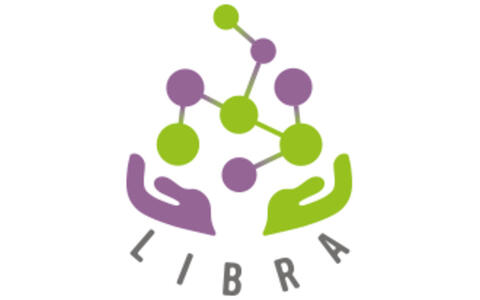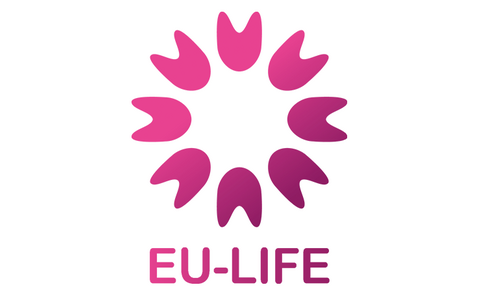
EU-LIFE
An alliance of top research centers in the life sciences
The EU-LIFE alliance currently comprises 15 renowned life science research centers in Europe, all working together to promote and advance excellence in European research. The Max Delbrück Center is the only German member of this alliance.
Representing shared interests in European policymaking
The EU-LIFE’s partner institutions are located throughout Europe and represent about 8,000 staff members. The alliance was formed in May 2013 and has since established itself as the unified voice of research in European policymaking.
It is currently part of the two stakeholder platforms – the Open Science Policy Platform and the European Research Area Stakeholders Platform – that frequently advise and make recommendations to EU Commissioner Carlos Moedas and the European Commission’s Directorate-General for Research and Innovation: the Open Science Policy Platform and the stakeholder platform European Research Area.
Cooperation in working groups
The alliance’s European research policy recommendations are based on the knowledge that comes out of the EU-LIFE working groups, which involve the cooperation of all partner institutions.
There are currently six of these working groups that meet regularly and advise on matters of translational research, science communication, recruitment and training, technology transfer, and grants and funding strategies. In the EU-Life Strategy Working Group, directors from all partner institutions jointly develop strategic position papers and recommendations.
Scientific exchange
Once a year, the EU-LIFE research community comes together to discuss a current scientific topic.
Participants of the 2017 EU-LIFE Scientific Meeting on homeostasis
Cooperation between EU-LIFE partners is also fostered by the Visiting Scientist Programme, which funds the transfer of scientific personnel from one partner institution to another for a period of up to six months. This program facilitates the exchange of knowledge and technology and stimulates cooperation in joint projects.
Emerald: first European-wide PhD program for medical doctors
The “International PhD Program for Medical Doctors”, EMERALD, will train and nurture excellent physician-scientists. The program will recruit medical doctors to carry out a PhD in cutting-edge research in European centres of excellence in life sciences and biomedicine. Coordinated by the Centre for Genomic Regulation (CRG) in Barcelona, Emerald brings together seven biomedical research institutes and 37 partner organizations across ten European countries to deliver its international training program.
Further information: Bridging the gap between the lab and the clinic
Finished projects
- ORION
- For more openness in science
The European project ORION (Open Responsible Research and Innovation to further Outstanding KNowledge) is an initiative of EU-LIFE’s Communication Working Group that strives to create a more open research environment.
Scientific findings and processes should be freely accessible to society as a whole. Open science is a core part of the European Commission’s strategy to promote research and innovation.
ORION sets out to implement the principles of open science and, in doing so, help to bring about the necessary institutional, cultural, and behavioral changes in research funding and performing organizations, targeting researchers, management staff, and high-level leadership.
The Max Delbrück Center is one of ORION’s nine project partners and the institution responsible for developing training sessions for scientific personnel. These sessions aim to help researchers convert to using Open Science principles.
A central element of ORION are “co-creation experiments” that engage multiple stakeholders from research funding bodies, science, industry, and the general public with a view to identifying barriers, drivers, interests, and values. These experiments should give rise to new citizen science projects, research strategies, funding structures, and teaching materials.
Duration and budget of ORION
ORION is a collaborative European project with a duration of four years (May 2017 to April 2021). It has a total budget of €3.2 million, funded by the EU’s Horizon 2020 research and innovation program. The project is dedicated to building effective cooperation between science and society under the Science with and for Society work program.
- LIBRA
- For gender equality in science
LIBRA (Leading Innovative measures to reach gender Balance in Research Activities) is a project working to achieve gender equality in science. It brings together ten European life science research centers, all of which are members of EU-LIFE.
The project examines existing policies and procedures within these institutions so as to identify gender biases and obstacles.
This process of mutual learning will result in a set of sustainable guidelines that break down structural barriers and give men and women equal opportunities in their research careers. To achieve this, the project focuses on personnel recruitment, career development, the work-life balance, and the gender dimension of research.
Duration and budget of LIBRA
The LIBRA project has a duration of three and a half years and is funded by the EU’s Horizon 2020 research and innovation program as part of the Science with and for Society work program.
